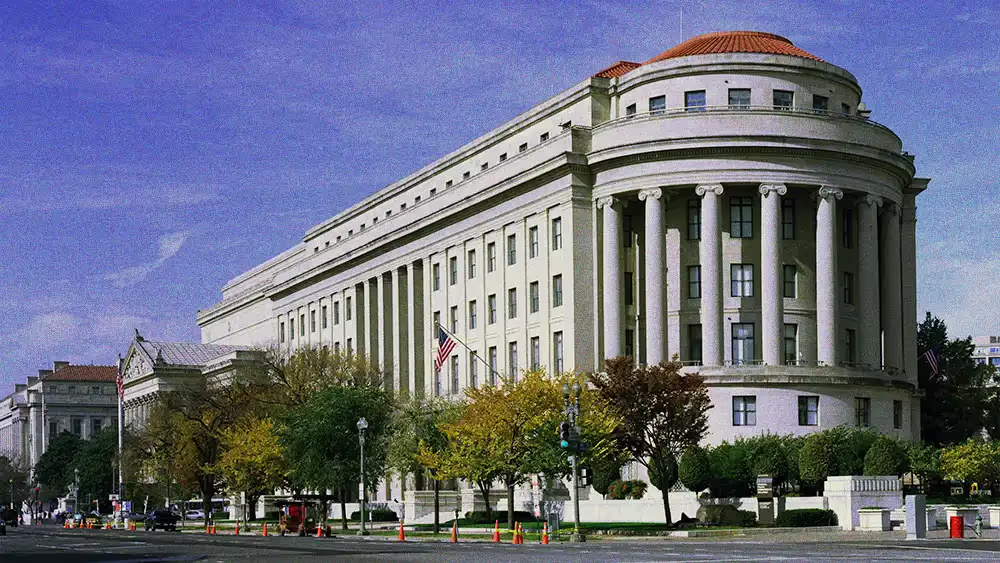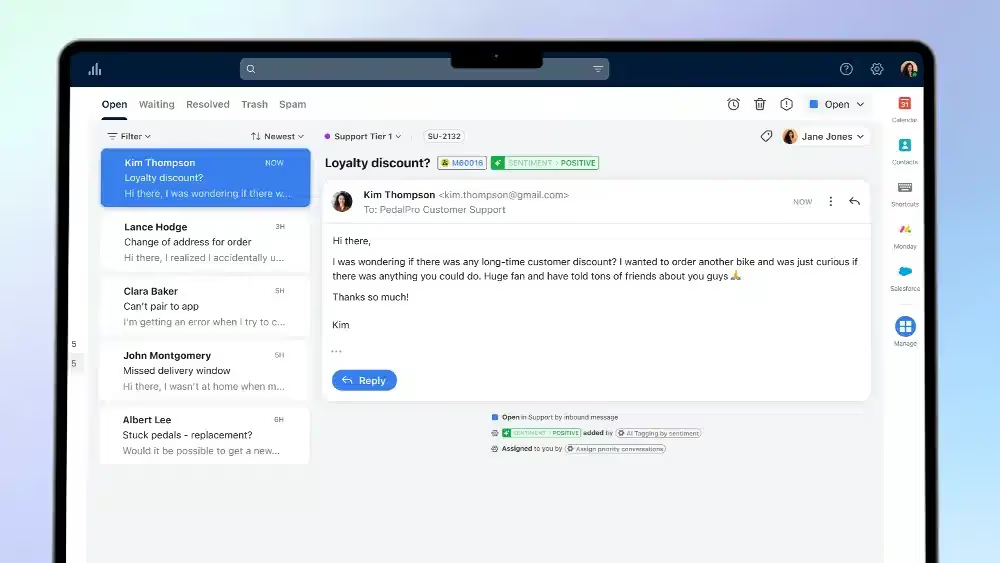
Credit: Carol M. Highsmith
Live-event and lodging sectors brace for 'Junk Fees' rule change, as FTC mandates upfront pricing
Key points
- The FTC's "Rule on Unfair or Deceptive Fees" mandates upfront disclosure of total prices for live events and short-term rentals, effective May 12.
- Businesses must integrate all mandatory fees into the initial price display, with vague fee descriptors now requiring transparency.
- Consumer advocacy groups praise the rule for promoting transparency and fair competition in the marketplace.
The clock is ticking for live-event ticketing and short-term lodging providers as a new federal crackdown on hidden charges takes effect May 12. The Federal Trade Commission's "Rule on Unfair or Deceptive Fees," often dubbed the "Junk Fees Rule," mandates that these businesses show consumers the full price upfront, aiming to end the bait-and-switch tactics of drip pricing.
Total price upfront: Under the new FTC regulation, the total price—including all mandatory fees—must be displayed more prominently than any other pricing information whenever a price is advertised. While government-imposed taxes and actual shipping costs can be itemized later, ancillary charges like processing fees or resort fees, if unavoidable, must be baked into that initial total. Optional add-ons, genuinely chosen by the customer, remain separate.
Clarity commanded: Businesses must also shed vague descriptors for charges; terms like "service fee" or "convenience fee" will need to transparently reflect what they actually cover, or risk regulatory ire. The FTC has also reminded companies in other sectors that its existing § 5 authority can be used against deceptive pricing practices across the board. "In simple terms: tell consumers the real price and do not lie about the fees or charges,” the FTC stated in guidance documents.
Stateside surge: This federal rule echoes a growing chorus of state-level efforts to protect consumers from surprise charges. California's broad "Honest Pricing Law" took effect last July, under which companies like Shake Shack have faced lawsuits for allegedly opaque fees, as reported by Restaurant Business Online. Similar all-in pricing mandates are now on the books in Minnesota, Massachusetts, and New York, with Illinois considering its own.
Compliance crunch: Affected companies are now under pressure to audit their pricing displays and checkout flows to meet the May 12 deadline, with potential civil penalties looming at over $51,000 per violation. Consumer advocacy groups have widely praised the push for transparency, with Erik Peinert of the American Economic Liberties Project noting, "The FTC’s proposed rule is a strong and simple one: require sellers to disclose the total price up front," according to the Consumer Federation of America. Interestingly, some major ticketing platforms like Ticketmaster and StubHub (which itself faced a D.C. AG lawsuit over alleged drip pricing) had previously submitted comments to the FTC supporting the principle of all-in pricing.
Consumer shield: The core aim, as articulated by proponents, is to empower buyers and foster fairer competition. "Junk fees are not only annoying, they are deceptive," stated Erin Witte of the Consumer Federation of America. The FTC's rule, alongside state actions, signals a regulatory shift designed to ensure the price advertised is the price paid.



